Under the sound of wheels: reserved cars of Russia through the eyes of an Englishman
Categories: Travel
By Pictolic https://pictolic.com/article/under-the-sound-of-wheels-reserved-cars-of-russia-through-the-eyes-of-an-englishman.htmlSince the Russian Railways company is gradually ceasing to use reserved cars, Briton Tom Clark and Russian photographer Maria Sakirko decided to capture the experience and traditions of railway travel in Russia in order to understand what Russians will lose when their favorite way to travel third class sinks into oblivion.


In Russia, it is a common habit to measure distances by the time of travel to the destination by train. "Vladivostok is six days by train," Muscovites say. And St. Petersburg, for example, is just one night. Electrified railway lines in Russia is no longer a source of pride, as it was in Soviet times, but they still reliably connect the west of the country with the east. Apart from pipelines, 90% of cargo in Russia is transported by rails. From Vladikavkaz in the south of Russia to Vladivostok on the coast of the Sea of Japan, the cultural space of Russian trains — and especially reserved carriages — has long been an integral part of national culture. Like voluntary prisoners, passengers know the rules of travel perfectly well. They bow to the wagon traditions.
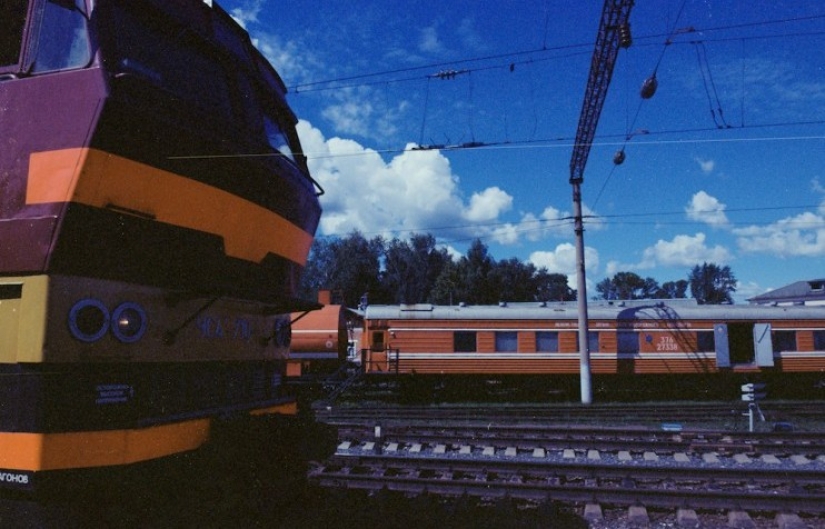
Russian railway station platforms are a traditional place for farewells. The commotion, jostling passengers, bulky luggage in narrow aisles, double-checking the seat number listed on crumpled tickets, the last cigarette and the grinding of the mechanism slowly gaining momentum. It all mixes into noise, similar to Stravinsky's melodies, and irreversible excitement.
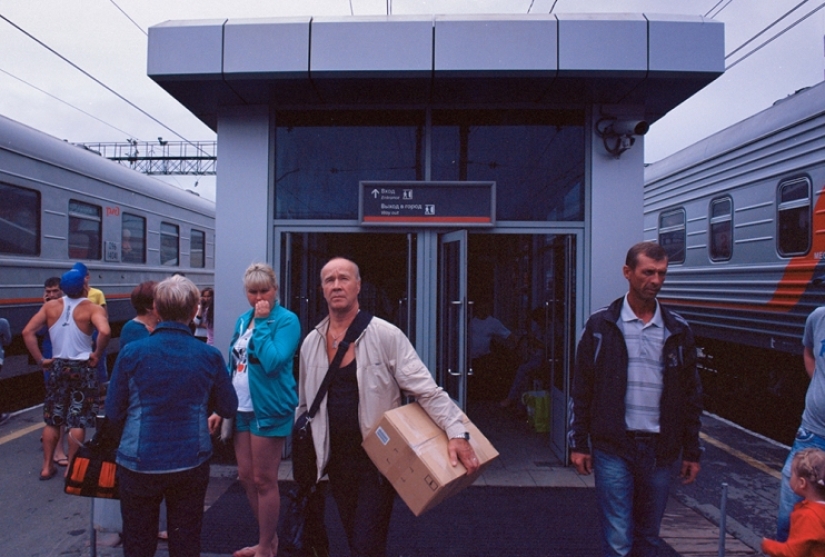
Although this tradition is disappearing, many Russians still prefer to sit in silence for good luck before a long road and only then leave the apartments. In addition, it is considered a bad omen to return home if you have forgotten something. Every time I get on a train, I think about the people who once said goodbye for the last time on these platforms. Probably, this is the reason why relatives and friends accompany travelers not only to the doors of the train, but also to the very mouth of the car, to the beds illuminated by a dull matte yellow light, where they will spend the near future.
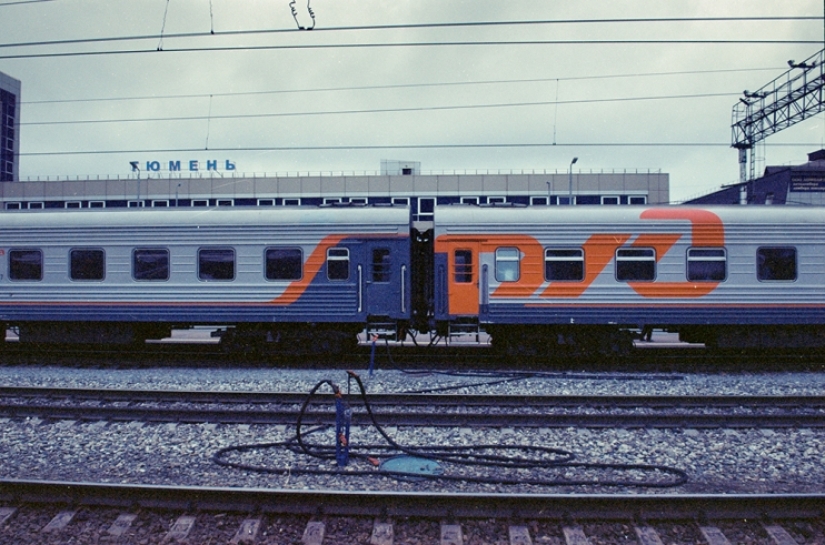
Even after the conductors, who only strengthen the curse or blessing of each particular trip, ask the mourners to leave the cars, they still remain with the passengers in the form of homemade food: potatoes with boiled eggs and chicken, neatly wrapped in foil, vegetables and cookies. The train creaks and starts. Usually at this moment, for some reason, passengers communicate with each other in a thoughtful whisper.
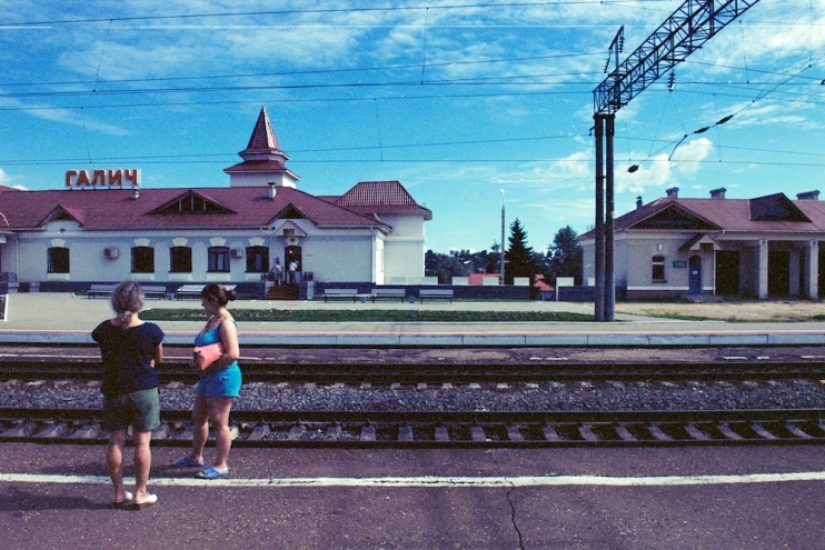
On the platform of the intermediate station, it is important to immediately find the counter of the most ubiquitous grandmothers, who crowds the most people, and take a place in the queue for fresh supplies: berries, pastries, ice cream, kvass, beer, cigarettes. All grandmothers sell the same products, but this habit has remained in the popular consciousness since Soviet times, when the length of the queue spoke for itself. Sometimes you can meet strange sellers on the platform, muttering something under their noses, who hurriedly leave at the sight of security, sometimes there are lockers with drawers in which strange things are stored that you would never buy in your life without accidentally being at this station at the moment.
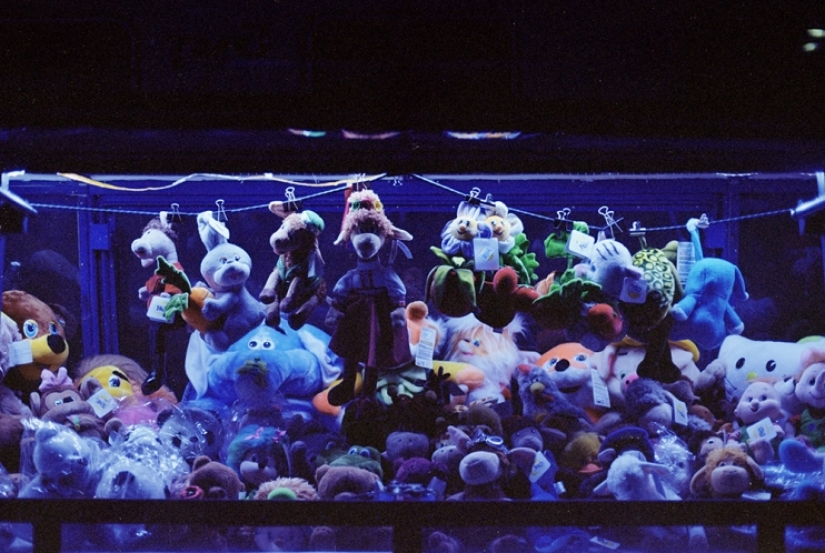
You can get from Moscow to Vladivostok by car, but the highways cannot be called very convenient, especially in Eastern Siberia. Therefore, people who are used to moving in the rhythm of the modern world choose an airplane. However, the train still remains a favorite mode of transport of Russians, a kind of classic caravan for Russian nomads, a place for performing rituals forever imprinted in the collective memory: from bringing the right things with you into the car (slippers, tea, crosswords, books and, of course, a vest) to spreading bed linen on the shelves and trying to persuade the conductor to share glasses.
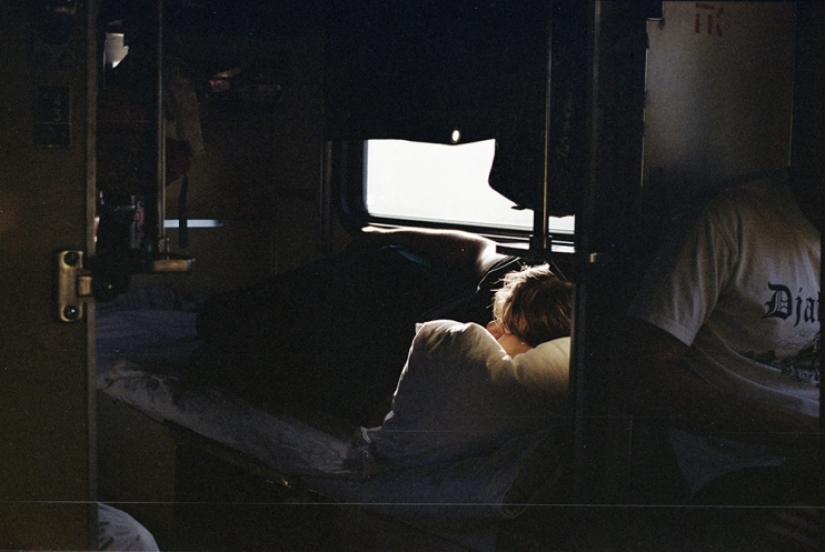
These glasses are recognizable to all Russians. They consist of two parts: actually a glass cup and an iron stand, and many passengers often try to secretly keep them for themselves as a souvenir. Their reliable design resembles the trains themselves, it is very practical and Soviet, and the lace pattern on the forged cup holders suggests the plots of ancient folklore. Russian trains were created to drink tea.

"Do you want to lie down?" I ask my neighbor, assuming that she would like me to get up and let her stretch out on the bottom shelf. "I'll lie down myself later, thank you!" - she answers and continues to read a paperback book called The Marriage Destroyer. She is returning from Moscow, where she was sworn in by her son, who serves in the internal troops. My Portuguese friend Guilherme makes her laugh a lot. "Tell Gleb to find himself a Russian girl, then he's sprechen sie Russki OK!" she tells me. Then Gleb turns into Bread, and soon he becomes just a Bar. "Don't forget to take the noodles off your ears at night!" she tells me before leaving the train, thereby admitting that she was slightly mocking me. People rarely exchange contacts. Time on the train goes very differently than in other places. It's like it's stuck somewhere between sleeping and waking up.
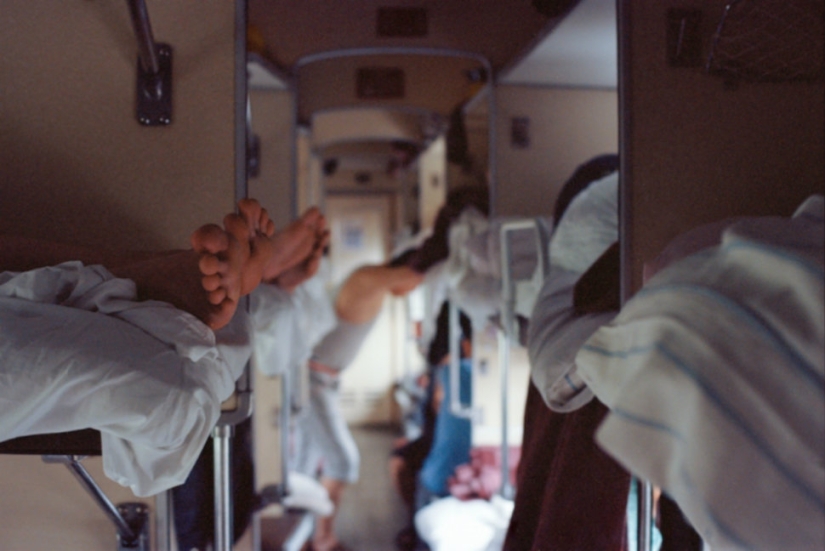
Birches and pines flash by outside. And inside you can travel. The trip softens and socializes you, it spits you out to your destination ready to live among these people. It makes you a little more open and a little more Russian, if at all possible for a foreigner, and a couple of paperback books turn you into a fatalist.
Keywords: Wagons | Railway | Foreigners | Customs | Reserved seat | Train | Trains | Trip | Russian railways | Traditions
Post News ArticleRecent articles

It's high time to admit that this whole hipster idea has gone too far. The concept has become so popular that even restaurants have ...

There is a perception that people only use 10% of their brain potential. But the heroes of our review, apparently, found a way to ...
Related articles

Spent an entire year of British photographer Simon Roberts (Simon Roberts), exploring the vast Russian expanses. It was almost 14 ...

Once the United States could boast of the most developed railway transport system in the world, but after the Second World War, the ...

The capital of the Chinese province of Heilongjiang, Harbin, is located at a considerable distance from the border with Russia. ...

New Year's is a time to surprise and delight loved ones not only with gifts but also with a unique presentation of the holiday ...